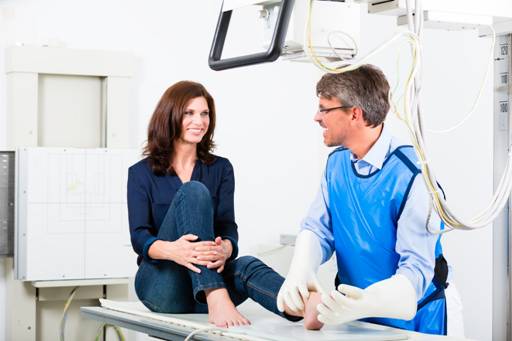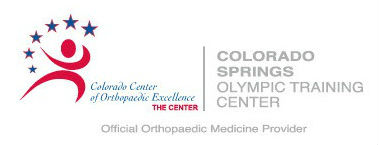A mere mention of orthopedic surgeon and you would already be thinking of broken bones that need to be operated on. For most people, this can be quite nerve-wracking. While this is generally true, there is still a way to make a visit to your surgeon a bit less frightening than what you think it would be.

The Specialization
Although all orthopedic surgeons work on broken bones, each still have their own specialization. For example, a podiatric surgeon specializes on broken bones in your foot. Having said that, make sure you are going to the right orthopedic surgeon for your situation. See for yourself if they have the necessary permit, licenses, and accreditation to practice their profession. If possible, ask them how many cases similar to yours they have handled successfully. This is important especially in the case of complicated or high-risk surgeries.
Record Management
A few days prior to your appointment with your orthopedic surgeon, make sure that you have all your medical records. If you had your X-ray taken by another doctor, make sure you bring both the plate and the radiologist’s with you.
Also list down all medications that you are currently taking, along with any allergies and medical condition you might have. Your surgeon would need this to determine the best way to proceed with your surgery. If you have to fill out forms, make sure you do so prior to your scheduled visit.
Dress Down
Make sure that you do not overdress for your surgery, especially if the surgery would be done on your spine. If possible, make sure that you wear loose clothing so that changing into hospital gown would not be much of a problem. Since you would probably be out during your surgery, make sure you have a friend with you who can assist you or your doctor should they have additional questions.
On The Day Itself
Make sure you arrive early on your appointed date. This would give you ample time to ask questions and explain everything to your doctor, as well as enough time for your doctor to discuss with you how the surgery would go and what you can expect during and after the surgery. You can also make use of this time in order to talk to the other members of the medical team, especially those who would be assisting you with post-operative processes.
Sources:
Getting the Most Out of Your Doctor’s Visit, orthoinfo.aaos.org
6 tips to prepare to see an orthopaedic surgeon, drdavidgeier.com
